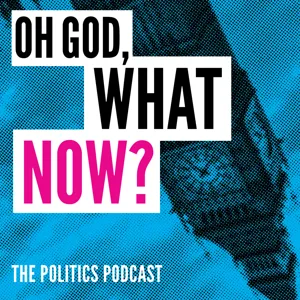It can be hard to see how big government policies have a direct effect on an individual's experience. But it was easy to measure the difference made by the expanded child tax credit.
Giving more money to low-income families with children had a big impact. After the expanded child tax credit took effect, child poverty hit a record low of 5.2% a year ago.
But less than a year later, Congress let it expire. New census data shows that child poverty has more than doubled.
Host Ari Shapiro speaks with pediatrician and researcher Megan Sandel, who has seen the health consequences for kids play out in real time.
Learn more about sponsor message choices:
podcastchoices.com/adchoicesNPR Privacy Policy





